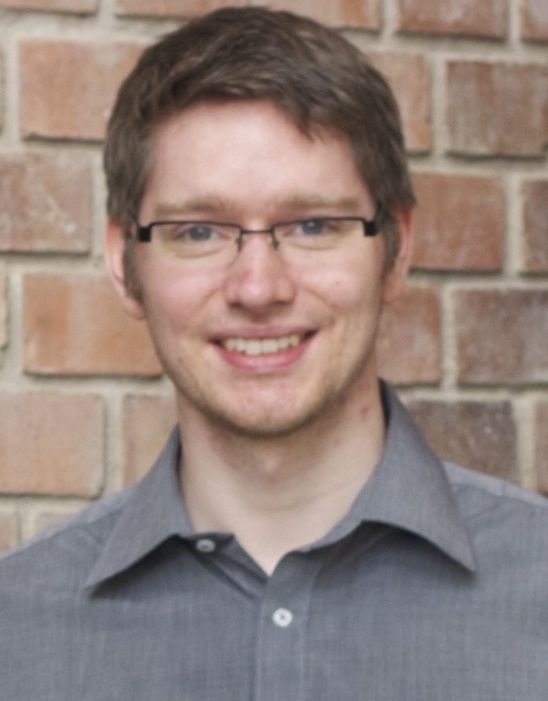3rd CENSIS Technology Summit, 6 Oct 2016
Technology & Innovation Centre, Glasgow G1 1RD
Session 1: The Connected Self
Dr Sebastian Stein of the University of Dundee’s School of Computing will explore the role of wearable sensors in his talk on ‘Sensor-based analysis of building use in elderly residential care’.
Changing population demographics have resulted in a growing number of care homes, and we need effective means for creating enabling built environments  that provide older adults with healthy and socially fulfilling lives. Ubiquitous sensors provide a great opportunity to gather quantitative evidence of how existing care homes are used by their residents today, and automated analysis can turn this data into objective evidence supporting the work of policy makers, architects, designers, and care home staff.
that provide older adults with healthy and socially fulfilling lives. Ubiquitous sensors provide a great opportunity to gather quantitative evidence of how existing care homes are used by their residents today, and automated analysis can turn this data into objective evidence supporting the work of policy makers, architects, designers, and care home staff.
In his talk, Sebastian will reflects on experiences and insights gathered on the BESiDE project, in which he collected many types of data using sensors including indoor location, movement, physical activity and social interactions. Sebastian will look at the role of wearable devices including the technical aspects of the sensor design, and explore how the knowledge gained from his research is being used to benefit the home’s residents as well as inform future sensor system design.
Sebastian received his Diplom (MSc. equivalent) in Computer Science and Electrical Engineering from Dortmund Technical University in 2010, and was awarded a PhD in Computing from the University of Dundee in 2014. His research interests span across computer vision and ubiquitous computing, with particular focus in his work on action recognition, sensor fusion, and machine learning applied to social care and medicine. In 2013, he had the honor be invited to the inaugural prestigious Heidelberg Laureate Forum, and in 2014 he was selected as finalist for the EPSRC UK ICT pioneers competition in the category “Technology Everywhere”.
Further Information